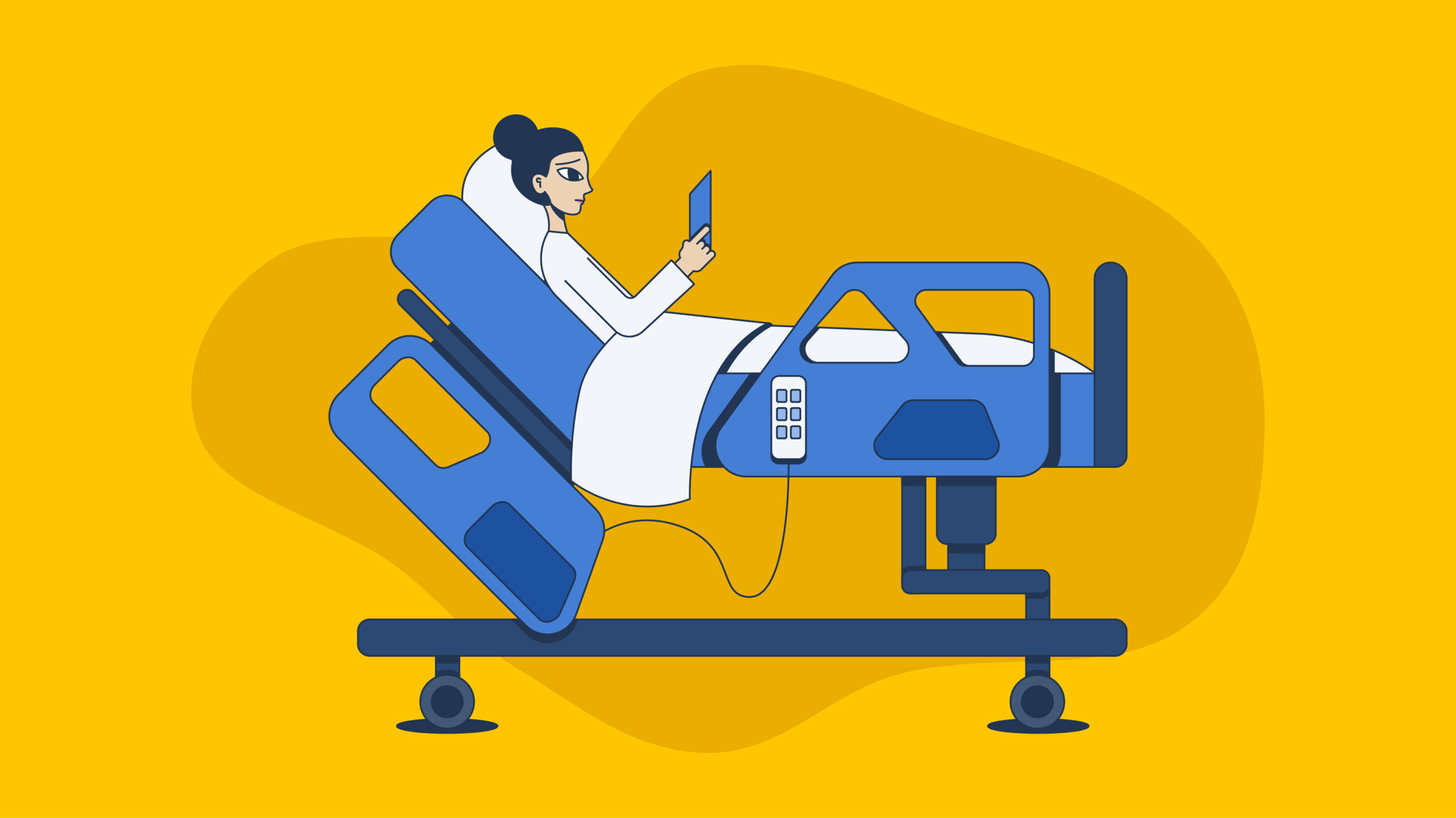
The No Surprises Act, which was enacted in January 2022, protects patients from receiving unexpected bills for emergency room visits. While this piece of legislation is a major step forward, it isn’t a cure-all for expensive ER bills. To help you understand your rights, and outline the gray areas of this new legislation, we’ve put together a guide to how the No Surprises Act affects emergency room bills.
What is the No Surprises Act?
Surprise bills are any unexpected charges the patient does not have control over, like when they’re charged extra for seeing an out-of-network provider in an emergency. Before the No Surprises Act (or NSA) was enacted in January 2022, any trip to the emergency room had the added weight of surprise bill anxiety. That’s because unexpected emergency room costs used to be incredibly common—in fact, Kaiser Family Foundation estimates that, before the NSA, surprise bills occurred after 20% of ER visits.
Many of these surprise bills were the result of patients seeing out-of-network physicians, even at in-network hospitals. This phenomenon is more common than you think—lawmakers in Texas discovered in 2020 that the top three medical insurers in their state didn’t have any in-network ER doctors in around half of their in-network hospitals. Since out-of-network doctors used to be paid at a lower rate than in-network doctors (and patients would be expected to make up the difference), surprise bills would penalize patients for seeking care from physicians who weren’t contracted with their insurance.
Under the new act, patients who are insured through their employers, the Affordable Care Act Health Insurance Marketplace, or an individual plan can expect in-network prices for emergency (and some non-emergency) services, even when the doctors who provide them are out of network. In non-emergency cases, patients now receive more notice before incurring extra charges. (More about this later). The act also provides additional framework for fighting surprise bills and out-of-network claim denials that slip through, with dedicated teams to help ensure compliance.
Facing an expensive emergency room bill? See how aJust can help!
Get help from experts
We know how complicated this process is. Share your case with us and we will be able to help you.
What’s Confusing About the No Surprises Act?
The NSA might be a victory (the AHIP reported that two million surprise bills were avoided in the first two months since the act came into effect), but it won’t completely win the war against emergency room costs. Here are a few reasons why:
- ER Bills Are Still Expensive. With or without surprise bills, you can still expect to pay a lot for emergency services, as emergency room costs are always higher than other medical costs. In some cases, like if you have a high deductible insurance plan, you may end up owing thousands of dollars for emergency medical care and need to negotiate an ER bill.
- There Are Exceptions. While air ambulance services are covered under the NSA, ground ambulance companies can still bill you extra. There are 11 states that have separately banned unexpected charges from ground ambulance services, but if you live in one of the 39 other states, don’t expect immunity from surprise bills.
- Non-Emergency Situations Are Tricky. The NSA guidelines are clearer for emergency situations than for non-emergency situations. Since the act leaves decisions up to the medical facilities and insurance companies, your insurance is free to determine an ER visit not medically necessary (and thus not qualified for some NSA protections), or the medical facility may find a loophole to charge you an unexpected fee.
- Not All Urgent Care Centers Are Included. If you are having severe symptoms and need care immediately, you might seek help from a nearby urgent care center. If this center is not officially licensed to provide emergency medical care (and not all of them are), it does not fall under the protection of the NSA.
- Balance Billing Can Still Happen. Balance billing is when you’re charged for the difference between the full bill and the amount your insurance paid, and this may still happen under the NSA. The act only requires that medical facilities give a patient 72 hours’ notice before balance billing occurs. In emergencies, when you’re not able to receive advance notice, this doesn’t apply, but in other scenarios a provider may refuse treatment if you don’t sign a document waiving your protection from balance billing.
- It’s Still New. Because insurance providers and medical facilities are adjusting to the implementation of the NSA, they may not get it right. That means you may receive an unexpected charge in spite of the act. In that case, the burden will be on you to fight for the protection the NSA is supposed to provide.
How to Lower an ER Bill
Whether you don’t have the time and energy to push for NSA compliance or you are facing an expensive ER bill you don’t know how to lower, let aJust negotiate your ER bill. Understanding your rights as a patient is tough when all the rules seem to change frequently, and there’s too much at stake to let the complicated aftereffects of new legislation stop you from being able to afford emergency medical care. So hand over your bill to the pros and let them get to work on saving you money.




